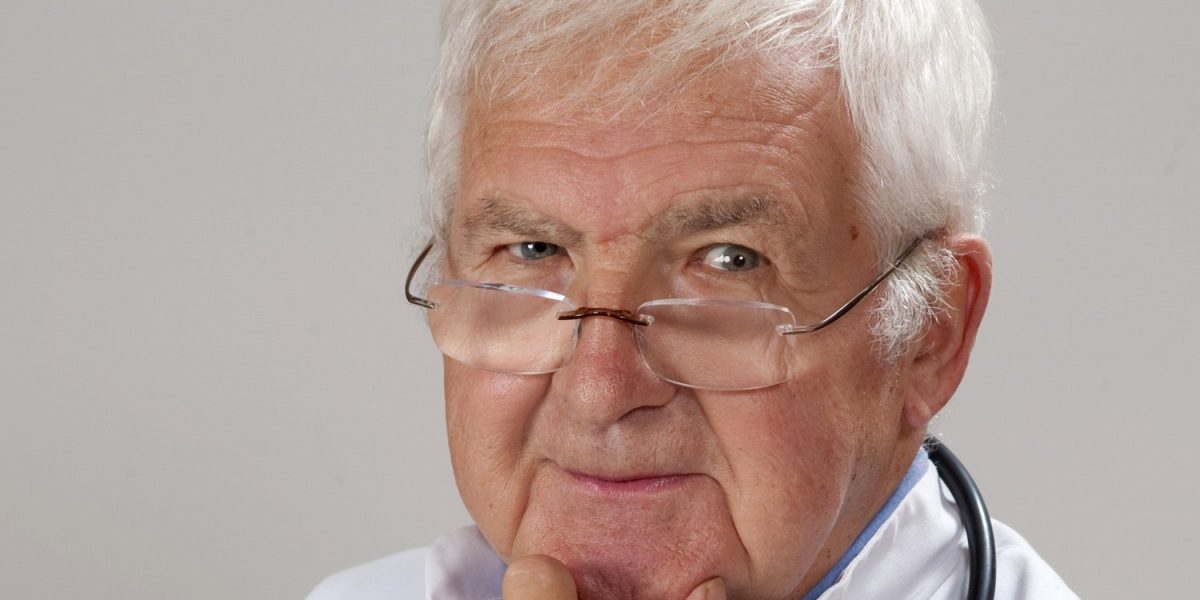I have not had great historical success with doctors in the US in treating my diabetes. My doctors have been too quick to insist on prescribing drugs that do not work over the long term for my situation, and they have not changed their views quickly enough to match as new data emerges. Without exception, all of them warned me about the dangers of fasting without the time or the willingness to review the research.
Here at Buchinger-Wilhelmi, the doctors acknowledge that medicine is not a science but rather trial-and-error. (For those interested, there’s a very good Freakonomics podcast series on this topic!) My doctor here in Germany acknowledged that what she was originally taught (give diabetics frequent small meals per day) was wrong, which I knew to be true based on the progression of my own disease. My German doctor and I even had a great conversation about Yoshinori Ohsumi, a 2016 Nobel Prize winner for his discovery of mechanisms for autophagy (self-reparation) in cells, triggered by fasting. Upon getting here, I felt something with a doctor that I hadn’t felt in the past — a true willingness to engage in discussion rather than simply prescribing medicine or “standard of care.”
My experience in the US was not atypical. A study published in the Journal of General Internal Medicine found that:
On average, patients get about 11 seconds to explain the reasons for their visit before they are interrupted by their doctors. Also, only one in three doctors provides their patients with adequate opportunity to describe their situation.
The commentary in the release associated with this study goes on to say:
“If done respectfully and with the patient’s best interest in mind, interruptions to the patient’s discourse may clarify or focus the conversation, and thus benefit patients,” she [Naykky Singh Ospina] agrees. “Yet, it seems rather unlikely that an interruption, even to clarify or focus, could be beneficial at the early stage in the encounter.”
Monday night, my wife and I attended a lecture here at Buchinger Wilhelmi on doctor-patient relationships. Given that Buchinger Wilhelmi has a long history of utilizing alternative therapies for a worldwide audience that are not practiced in the guests’ home countries, they provide more formal instruction on this meaty topic.
It turns out there is rich history of medical ethics surrounding patient autonomy versus paternalism in making health care decisions, and the advocacy position that Buchinger takes here is that neither extreme is optimal. The key is to have a relationship with your medical doctor.
This history stems back to Ancient Greece where priests and doctors were one in the same. Challenges exist today because of the demands of the current healthcare system, so doctors (while many well-intentioned) are often under time pressure and have a tendency to “repair” rather than communicate.

I walked away with several recommendations:
- Ask questions that you have the right to ask. For example, when prescribed a medicine, ask your doctor if they have actual clinical experience (and measured success) with the medicine over the long term.
- Make sure your doctor is communicating with you in language you understand. Too often doctors use very technical jargon to sound authoritative rather than to communicate to you in a way you can comprehend. Force them to communicate.
- Find something you like about your doctor. The advocacy position here is that if you don’t like your doctor, or your doctor doesn’t like you, it simply won’t work at all. To be fair to the doctor, initiate this on your own. Even if you have to compliment your doctor on their apparel, try to break the ice in some way!
The advice: if you aren’t successful with these approaches, switch doctors!
From an interview with Giovanni Maio, German physician and professor of bioethics and medical ethics at the Albert-Ludwigs-Universität Freiburg:
Die Patienten haben doch eine große Macht, ich wundere mich immer, warum sie die nicht einsetzten. Sie können die Ärzte, die ihnen keine Zeit widmen, abstrafen. Einfach nicht mehr hingehen und einen anderen Arzt aufsuchen.
Translated from German:
The patients have a great power, I always wonder why they did not use them. You can penalize the doctors who do not devote time to them. Just do not go and see another doctor.
There’s the answer to the question from Germany.

I firmly agree. You’re the patient. Along with the doctor, you’re a team looking after your health. To this day I understand how my dad had his brain aneurysm clipped because the surgeon explained the cause, course of action and provided a comprehensive doodle. That was 22 years ago.
I’ve quacks who weren’t attentive and I’ve had doctors who let me hold them hostage with all my prepared questions. And that’s one thing I prefer to do – prepare and maximize the time. I may not pay by the 15 mins increment, but we’re also not done until we’re done.